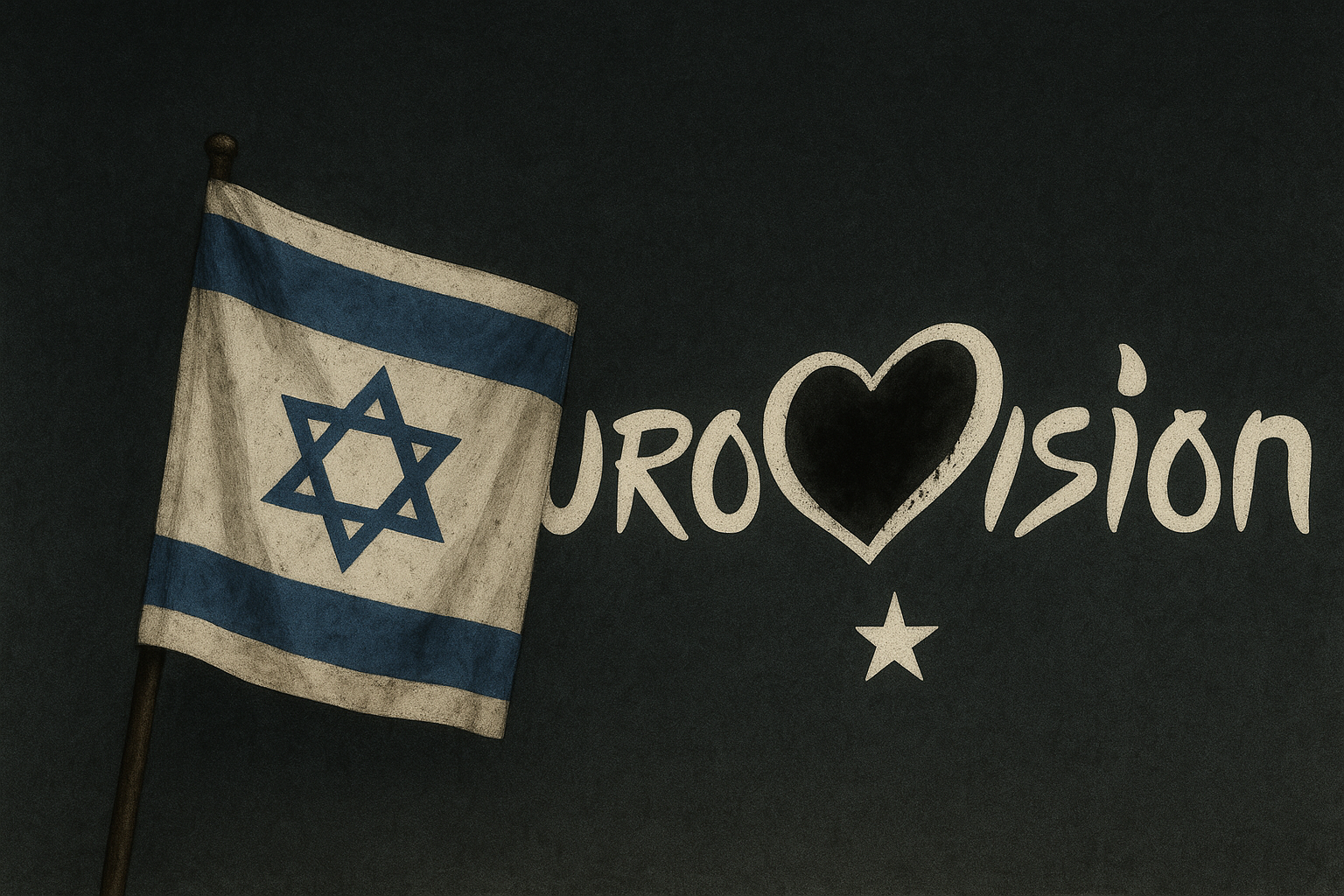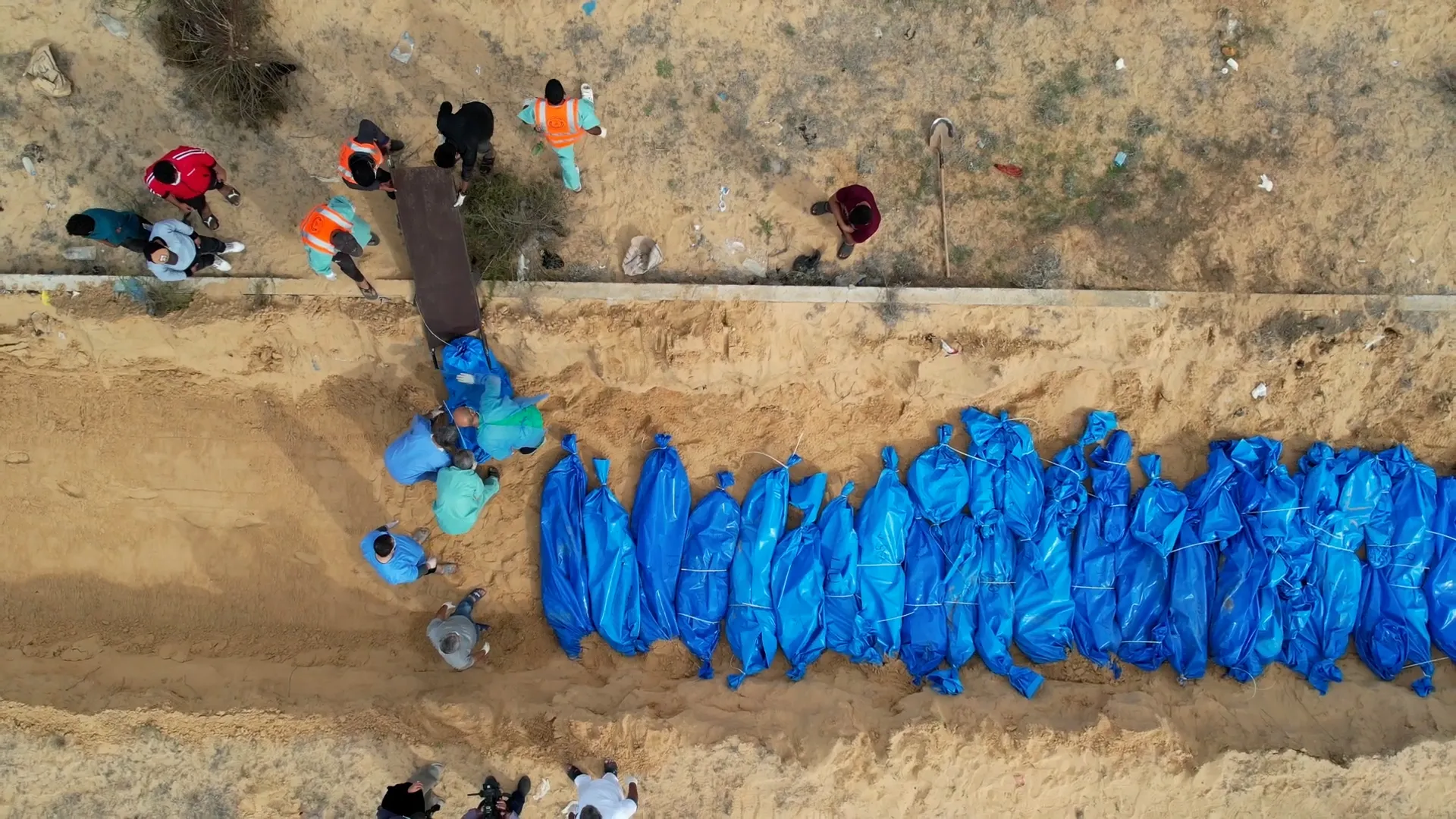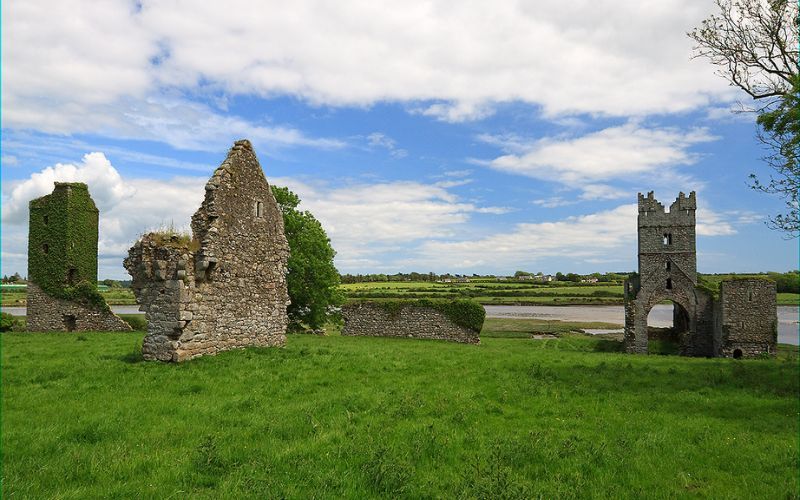Zionism’s greatest trick wasn’t stealing land – it was stealing history.
In 1948, a state was declared not on the basis of divine will, democratic consent, or international justice. It was declared by force, justified by myth, and sanctified by trauma. Israel, the so-called ‘Jewish state,’ claimed to be a resurrection of an ancient people returning to their land after 3,000 years of exile. But beneath that slogan lies a truth far more complicated and far more painful – especially for those of us who know that Judaism and Zionism are not the same. In fact, they are opposites.
To be a Jew is to live with history, not to rewrite it. To be a Jew is to cherish the exile, to wrestle with God, to seek peace, and to remember that the Messiah has not yet come. Zionism is a rebellion against all of that. It is a political ideology born in 19th-century Europe, not Mount Sinai. It was built not by prophets or priests, but by atheists and nationalists who sought to transform a religion into a race and a people into a nation-state.
For many Jews, especially those who held fast to the Torah and the teachings of the rabbis, Zionism was a betrayal. Not just of the world, but of God. And it is time we said that out loud.
The Heresy of Zionism
In the late 1800s, as nationalism swept across Europe, Jews were caught between assimilation and exclusion. Theodor Herzl, an assimilated Austrian journalist with no religious education and barely any connection to Jewish tradition, proposed a solution: a Jewish state. Not a spiritual home, not a return to mitzvot or Torah, but a physical, political entity. He called it Zionism.
But from the beginning, the rabbis saw the danger. In 1935, Rabbi Elchonon Wasserman declared that “Zionism is worse than assimilation” because it uses the language of Judaism to destroy it from within. Rabbi Amram Blau of Neturei Karta famously said, “Zionism has no connection with Judaism.” And perhaps most powerfully, Rabbi Joel Teitelbaum, author of “Vayoel Moshe,” warned that the founding of a Jewish state before the coming of the Messiah was not only forbidden, it was an act of war against Heaven.
These rabbis were not fringe. They represented a current of Jewish thought that goes back to the Talmud itself, which teaches that the Jewish people were bound by three oaths: not to ascend to the Land of Israel by force, not to rebel against the nations, and not to hasten the end.
Zionism violated all three.
From Europe to the Levant: A Colonial Journey
The early Zionists were European settlers, not indigenous returnees. They spoke German, Polish, and Yiddish, not Hebrew or Arabic. They brought with them the same colonial mindset that drove other Europeans to Africa and Asia. They did not ask the people of the land for permission to settle. They declared that Palestine was empty or undeveloped. They called the Arabs primitive. They called the land theirs.
But Palestine was not empty. It was full of people: Arab Muslims, Arab Christians, Druze, Armenians, Jews – and many of those Jews opposed the Zionist project. Ashkenazi settlers ignored them.
In this way, Zionism became a classic settler-colonial project. It used ancient myth to justify modern conquest. It framed Palestinians as invaders and Jews from Poland as natives. It rewrote history not to honor it, but to erase it.
The Fabrication of a Biblical Claim
Zionism claims to be the rebirth of an ancient people in their homeland. But that claim falls apart under scrutiny.
First, there is no continuous ethnic or genetic link between ancient Israelites and modern Ashkenazi Jews. The Jewish diaspora is diverse, and many communities, including Ashkenazim, descend from converts and mixed populations. There is more genetic and cultural continuity between Palestinians and the ancient peoples of Canaan than between most European Jews and those same peoples.
Second, the Bible is not a land deed. It is a sacred text, filled with allegory, contradiction, and moral instruction. It was never meant to serve as the foundation for ethnic nationalism. Using it as such is not only bad theology, it is a desecration.
Third, the idea of an unbroken 3,000-year yearning for return is simply false. For most of Jewish history, Jews lived contentedly in diaspora. Spain, Baghdad, Ethiopia, Yemen, and yes—even Palestine—were homes to vibrant Jewish communities that had no political ambitions. The yearning was spiritual, not territorial.
Palestine Before 1948
Before Zionism arrived, Palestine was not a barren wasteland. It was a multi-religious, multi-ethnic society with a deep-rooted Arab identity. Its people farmed the land, spoke Arabic, built homes and mosques and churches and synagogues. They preserved the heritage of the region not in museum displays, but in lived experience.
Many Palestinian families can trace their ancestry back centuries, often with more documentation than the European settlers who arrived with Zionist dreams. Their dialects, foods, and customs are intertwined with the history of the land in a way that no nationalist ideology can replicate.
And yet, in 1948, they were expelled. Entire villages were razed. Hundreds of thousands were made refugees. And all of it was justified with the slogan: “We are returning home.”
The Theft of History
Perhaps the most insidious part of the Zionist project is not just the theft of land, but the theft of history.
Zionism claims the prophets, the psalms, the temples – but only when it is convenient. It ignores the rabbinic tradition that cautions against statehood. It ignores the spiritual value of exile. It ignores that Judaism survived 2,000 years without a nation, a flag, or an army.
At the same time, it erases the deep connections Palestinians have to the land. It bulldozes villages and builds malls over them. It names parks after generals who led massacres. It fills school textbooks with myths about empty lands and miracle blooms.
And worst of all, it brands any Jewish opposition to this project as “self-hatred” or betrayal. But we are not betraying Judaism. We are defending it.
Being Jewish Without Zionism
To be a Jew is not to support Israel. To be a Jew is to question power, to stand with the oppressed, to fight for justice even when it is uncomfortable.
Many Jews reject Zionism not despite being Jewish, but because they are Jewish. They believe in the dignity of all people. They believe that no one should be expelled from their home. They believe that God does not need tanks or tear gas.
Diaspora is not exile. It is home. And for the millions of Jews who live outside Israel, who worship, love, and build communities all over the world, that truth is sacred. The idea that all Jews belong in one militarized state is not only dangerous. It is a lie.
A Future Beyond Myth
The truth is that Israel did not begin 3,000 years ago. It began in 1948, with violence, displacement, and myth-making. It began with a gun, a flag, and a European dream of supremacy wrapped in Jewish symbols.
But we can end the lie. We can separate our faith from their ideology. We can listen to Palestinians who have been screaming for decades that this land is theirs, that their history matters, that their pain is not theoretical.
We can honor the Jewish tradition by opposing apartheid. We can remember that being the Chosen People never meant chosen to oppress.
Zionism is not Judaism. It is a distortion. A betrayal. A heresy dressed in the garb of prophets. And while it may control the land today, it cannot control the truth.
The truth is that a 3,000-year history did not begin in 1948. But a lie did. And it’s time we buried that lie so that justice, real justice, can rise in its place.
Because no matter how much history Zionism tries to erase, there will always be those who remember it differently. And as Jews, it is not only our right to remember. It is our obligation.
Author
Discover more from The Crustian Daily
Subscribe to get the latest posts sent to your email.













